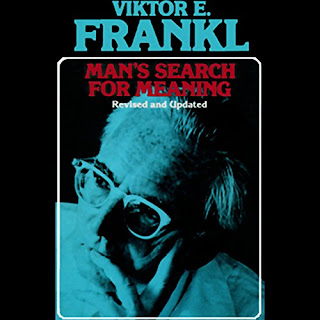Helogoland' by Carlo Rovelli
In the last chapter of the book, Rovelli very kindly includes a few paragraphs which save the discerning reader the effort to write a review. This is helpful, as writing any summary of this book could prove quite an impossible task for a layman, if interested, reader. As the reader is never sure of having grasped the core of the concepts so beautifully explained by Rovelli.
But that's not a matter of shame. Not when as formidable a scientist as Einstein himself just couldn't bring himself to accept some of the core ideas of quantum physics, falling back on rhetoric about God not playing dice. The same remark which earned a retort from the great Niels Bohr. The same Bohr who inspired a young Heisenberg to journey to the sacred island of Helgoland in the North Sea and come up with the astounding theory.
Without giving any spoilers (as if I could!), the Quantum theory of physics holds that "Everything is what it is only in relation to something else". So it seems that the question 'If a tree falls in the forest and nobody sees it, did it really fall' was not a rhetorical or 'trick' question, but a valid scientific query. And it's been answered with a 'No' by quantum theory of physics.
It'd fair to say that the Quantum theory took shape with the active collaboration of multiple scientists, among them Shrodinger (he of the Cat fame, the cat playfully depicted on some pages of this book) who initially diverged from Heisenberg on one facet of the theory but eventually came round decades later and accepted his error, even if in an offhanded sort of way. Many of these scientists went on to be awarded the Nobel, and Rovelli may well be on the way there, being himself a Quantum physicist specialising in the string theory of quanta.
But the high points of the reading experience of this book was not the scientific facts and discoveries, interesting as these doubtless were. Rovelli brings in his perhaps unique blend of science, history, philosophy and poetry to explain the core theory. Here talking about philosophical sparring of Marx, Lenin and Bogdanov on the core of communism and private property. There talking about the musings of 1st century CE Indian Buddhist monk Nagarjuna. And then liberally quoting Shakespeare and the like. All the while continuing to weave these disparate thoughts into the mesh of quanta.
One would especially like to recommend reading through the Notes at the end, not only to get more perspective as usual for any endnotes, but as a rich source of literature references spread across an eclectic range of domains.



















